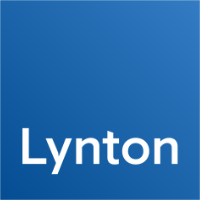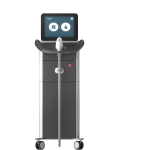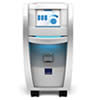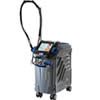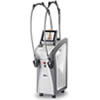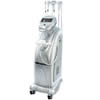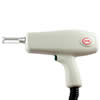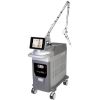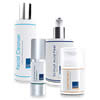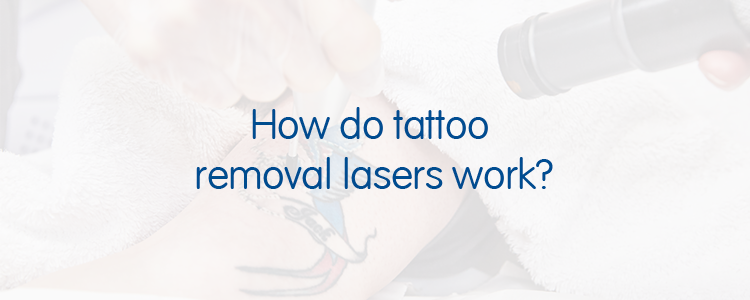
In this blog, Dr Sam Hills discusses how tattoo removal lasers work. Dr Sam Hills is the Clinical Director at Lynton Lasers, a UK manufacturer of laser and IPL systems. She is the creator and main lecturer of the industry-leading Lynton University of Manchester Skin Laser and Core of Knowledge courses.
Do tattoo removal lasers really work and what are the alternatives?
“The answer to this question depends on the type of laser you are using and the type of tattoo you are treating.” – Dr Sam Hills is the Clinical Director at Lynton Lasers.
Q-Switch Tattoo Removal Lasers
Q-Switch Lasers must be used for tattoo removal – these lasers produce very short, high-energy pulses of light that break down tattoo pigment into small particles which can be cleared by the body. These lasers create these pulses of light using either a Passive or an Active Q-Switch. Active Q-Switches have been used in tattoo removal for decades, and have a proven track record of being able to remove tattoos effectively and safely.
Passive Q-Switch Lasers
Passive Q-Switch Lasers have been introduced more recently. The peak powers are not as high, and it is harder to achieve complete clearance, although they can achieve good fading in simple, black tattoos. You can normally spot a passive Q-Switch, as they will be small, desktop systems, and much cheaper to buy than Active Q-Switch lasers.
Most lasers can treat black tattoos easily, but to remove red pigment you need a laser that gives out green light, whereas to remove green tones you need a laser that emits red light. White and yellow pigments are difficult to remove with any laser. No single laser is capable of treating all colours, although some state-of-the-art systems combine two lasers in one box.
Alternative methods of removal such as salabrasion, dermabrasion, and chemical extraction work by removing the tattoo through the epidermis. Transepidermal methods have a much higher risk of causing pigment change and scarring than Q-Switch Lasers.
Click the button below to find out more about tattoo removal lasers:
